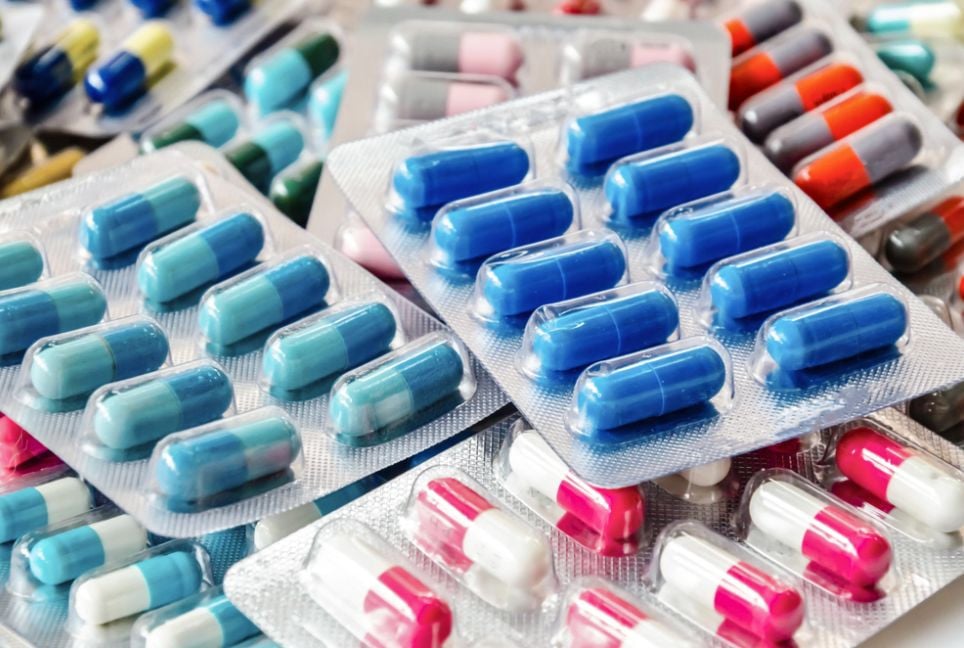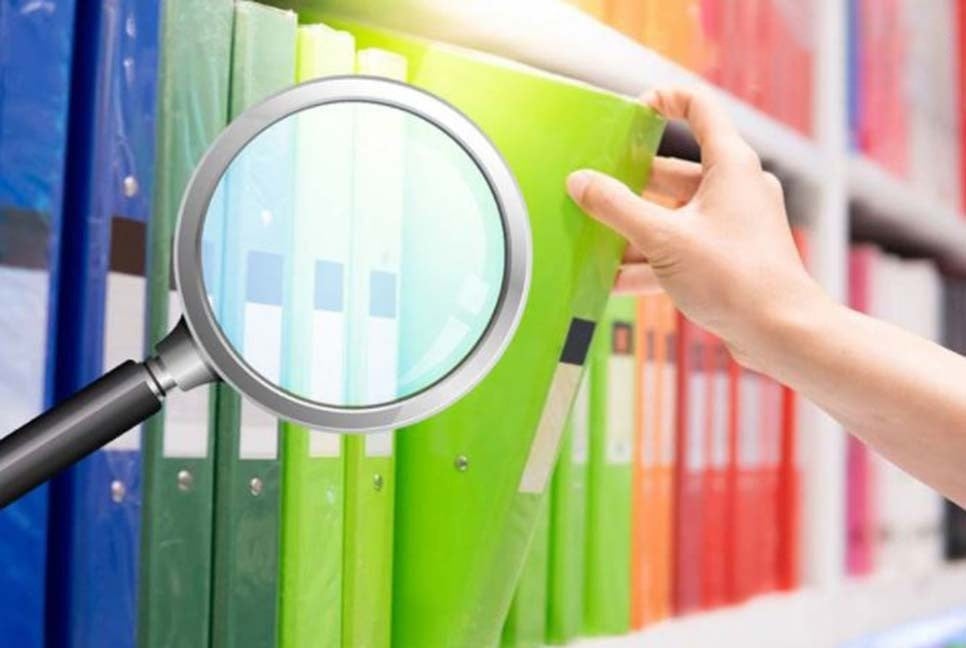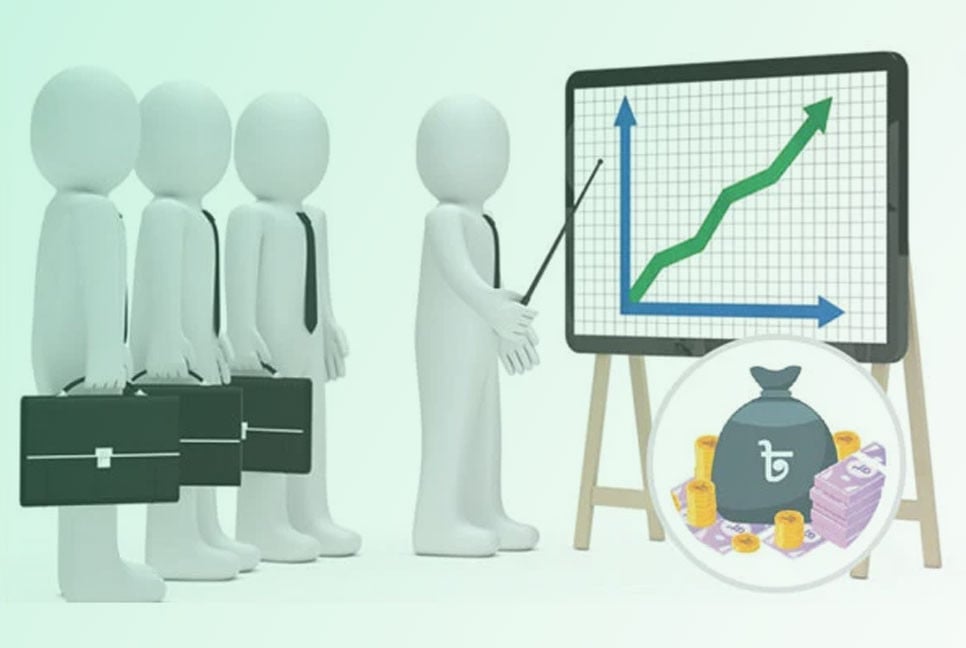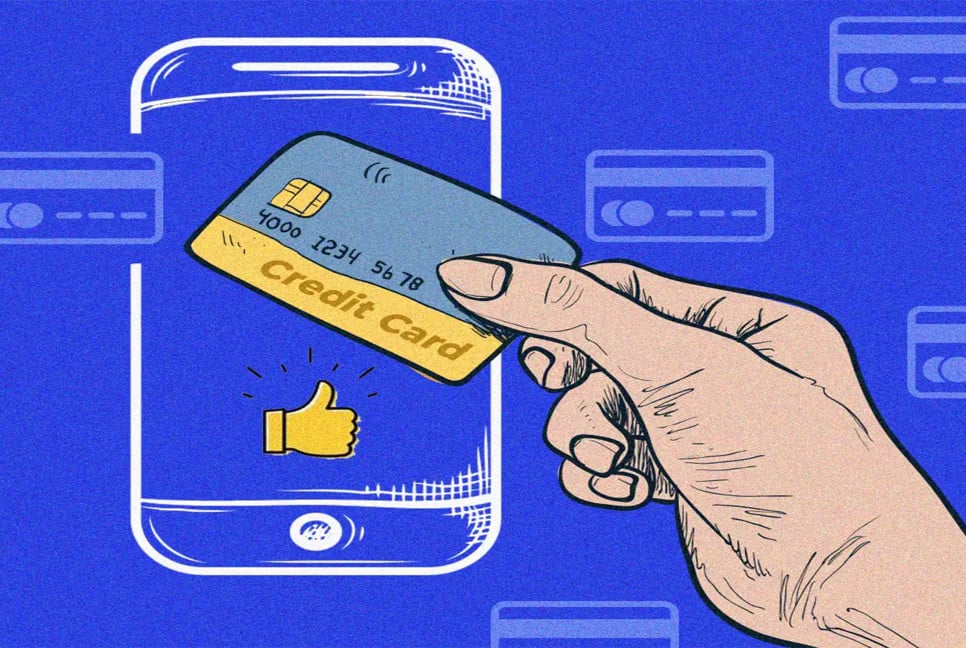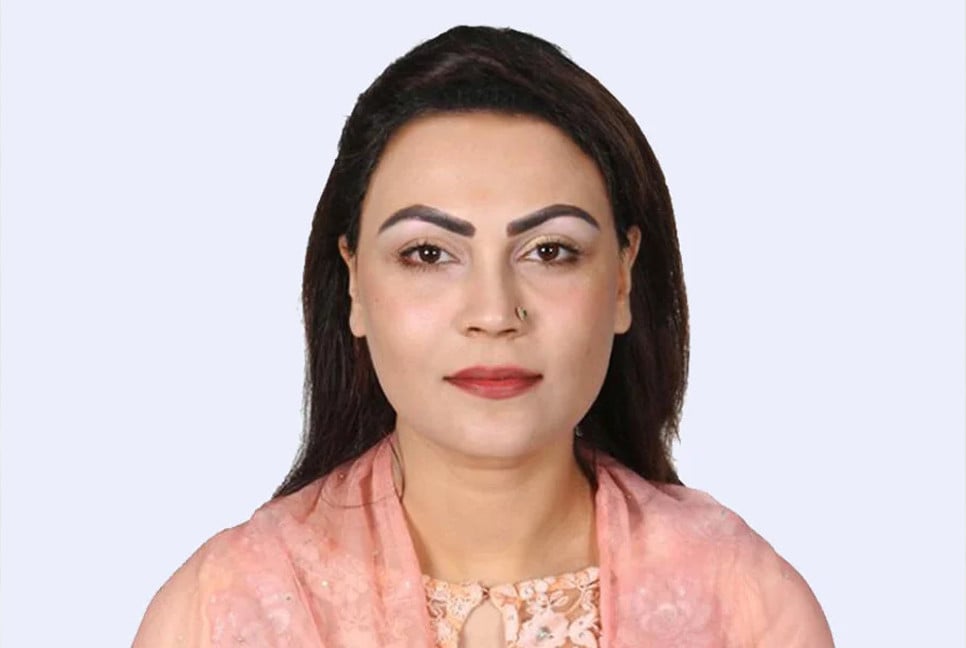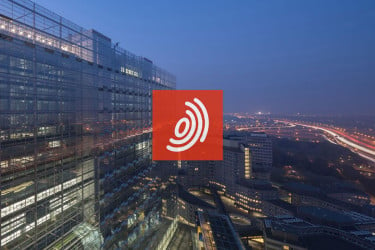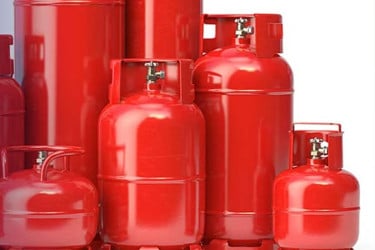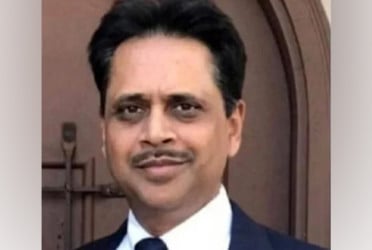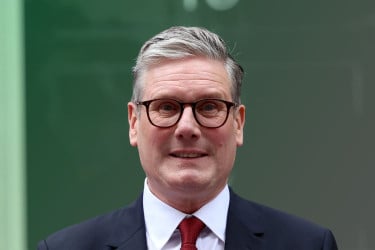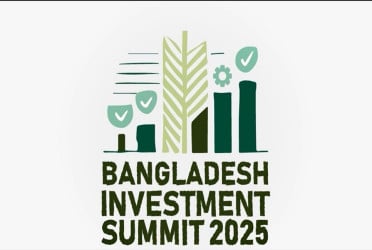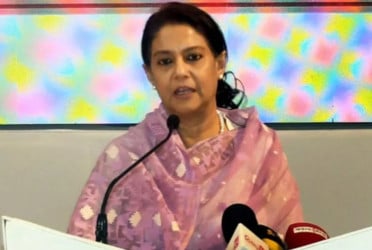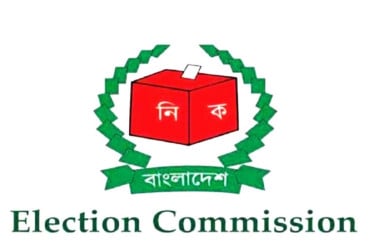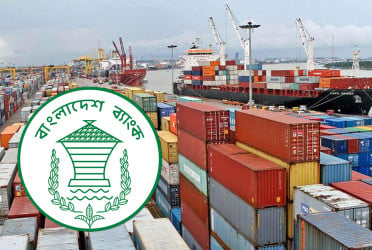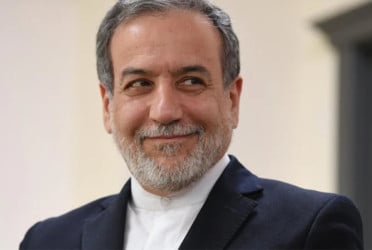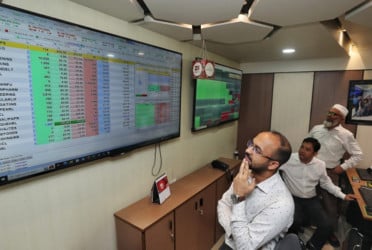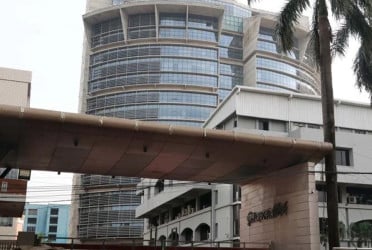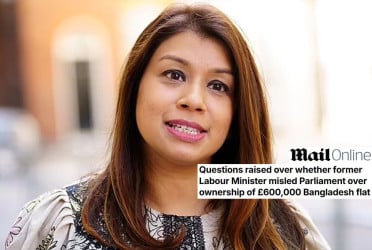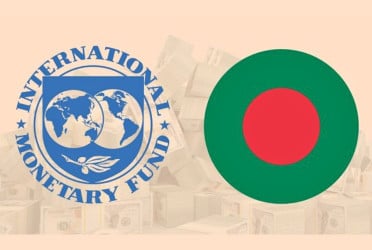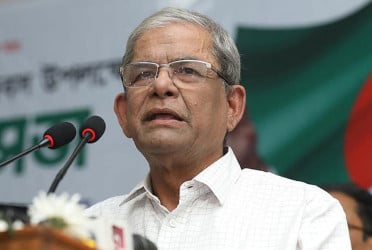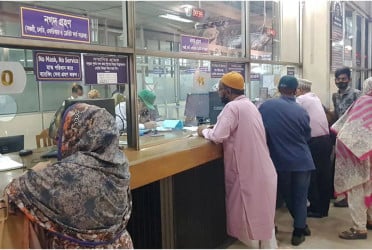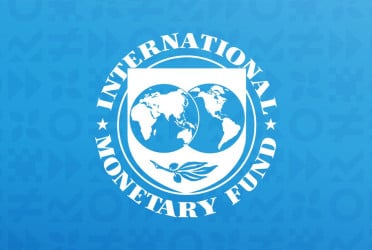Out of 20,000 medicines from 1,650 generics available in the local market, only 417 medicines from 117 generics are regulated by the government.
Apart from these essential drugs listed in the gazette, pharmaceutical companies apply for price adjustments for other drugs by considering raw material costs, production expenses, and packaging costs. The Directorate General of Drug Administration (DGDA) reviews these applications and approves the final prices, including VAT.
According to sources, the government regulates the prices of essential drugs from 117 generics produced in the country and used in primary healthcare. By law, each pharmaceutical company must produce at least 60 of these drugs. However, most companies manufacture only a handful of them. The prices of all other medicines, outside the list, are set by the manufacturers themselves.
Previously, the government had full control over drug pricing under the 1982 ordinance. However, in 1994, this authority was limited to just 117 drugs, leaving the rest in the hands of manufacturing companies.
DGDA sources reveal that pharmaceutical companies have submitted price hike requests, citing escalating production costs due to high bank loan interest rates, increased fuel prices, and a surge in the US dollar exchange rate.
Over the past two years, medicine prices have been increased multiple times. Now, pharmaceutical companies are once again planning for a further rise in price.
An official from the DGDA, speaking anonymously, stated that rising dollar rates and increased costs of raw materials and packaging forced many companies to halt drug production, which led to shortages in the market. He noted that they also ensure that people do not suffer from a lack of essential medicines.
However, he clarified, "Submitting a price increase request does not mean it will be approved. We thoroughly examine their cost structure before determining a fair price."
He further explained, "Applications are pending for price increases. We have 1,650 generics of drugs in the market, but the government controls only 117 of them. Companies apply for price hikes for the rest. We evaluate and approve a justified price, which may be lower than or equal to their proposed rate."
Dr. Syed Abdul Hamid, a professor at Dhaka University's Institute of Health Economics, warned that rising drug prices would increase personal healthcare expenses. "The government must take measures to lower production costs by reducing VAT and other taxes," he urged.
He identified several reasons for the escalating costs, including the public's ability to purchase medicines without prescriptions and the tendency to consume unnecessary drugs. Many quack doctors also prescribe medicines indiscriminately, while some unethical physicians prescribe excessive medications. Additionally, aggressive marketing by pharmaceutical companies contributes to higher consumption and inflated prices.
If pharmaceutical companies curb their aggressive marketing, costs will decrease, and medicine prices will drop. Rationalising drug consumption and pricing will ultimately reduce overall healthcare expenses, he remarked.
Translated & edited by Fariha Nowshin Chinika

